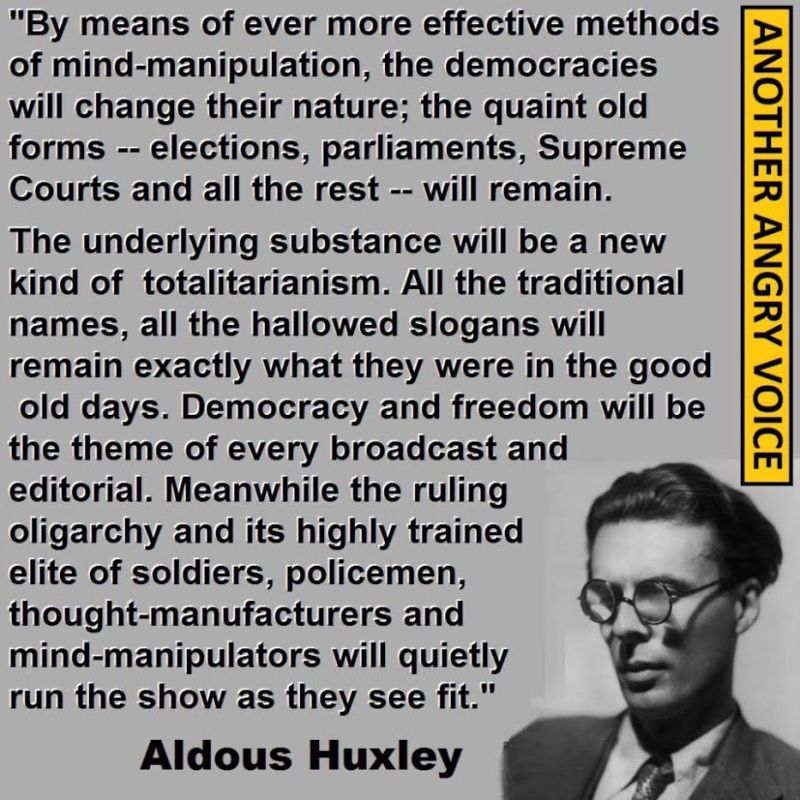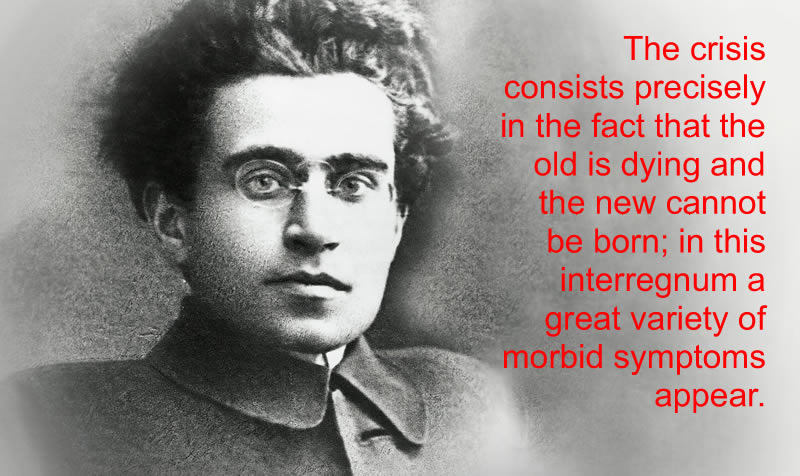
20 January 2025 — Chris Hedges:
“(The cult of self) diverts our attention while the country is reconfigured into a kind of neo-feudalism, with a rapacious oligarchic elite and an anemic government that no longer is able to intercede on behalf of citizens but cravenly serves the interests of the oligarchy itself”.
The Italian Marxist Antonio Gramsci wrote “The Prison Notebooks” between 1929 and 1935 after he was imprisoned by the Italian Fascist regime in 1926. In 1936, he was released from prison to a medical center on grounds of ill-health, but he never recovered. He died in April 1937.
Gramsci wrote more than 30 notebooks and 3,000 pages of history and analysis during his imprisonment. Paper and pens were smuggled in, and the notebooks were then smuggled out of prison, and catalogued by Gramsci’s sister-in-law. They were published in small bits while he was still in prison. A complete set was first published in 1947, well after his death.
Although written unsystematically, the “The Prison Notebooks” are considered a highly original contribution to 20th century political theory. Gramsci drew insights from varying sources – not only other Marxists but also thinkers such as Niccolò Machiavelli, Vilfredo Pareto, Georges Sorel and Benedetto Croce. His notebooks cover a wide range of topics, including Italian history and nationalism, the French Revolution, Fascism, Taylorism and Fordism, civil society, folklore, religion and high and popular culture.
The note books are a marvelous read and require some time. They are not an easy read. Ideas in Marxist theory, critical theory and educational theory that are associated with Gramsci’s name include:
• Cultural hegemony as a means of maintaining the capitalist state, and “guerre culturali” (culture wars) are used to keep political cliques and despots in power.
• There is a need for popular workers’ education to encourage development of intellectuals from the working class, or the working classes will forever be at the mercy of the political cliques and despots.
• There is a distinction between political society (the police, the army, legal system, etc.) which dominates directly and coercively, and civil society (the family, the education system, trade unions, etc.) where leadership is constituted through ideology or by means of consent. Despots will manipulate that relationship and keep them in conflict.
• He believed in “absolute historicism”, which encompasses nature and natural science as well as society. There cannot be “independent history”, because the nature of truth and reality and humanity is based on certain central truths. So beware leaders that create their own reality.
• But he also saw and critiqued “economic determinism” because as society becomes “more modern”, the problem is that economic forces will determine, shape, and define all political, social, cultural, intellectual, and technological aspects of a civilization. That opposes fatalistic interpretations of Marxism.
Gramsci saw so many competing theories and changes (most vicious) coming to his society he could not come up with an all-defining phrase. So the following became one of the most quoted lines from the notebooks (I have quoted it very often), and it is most appropriate to our times:
